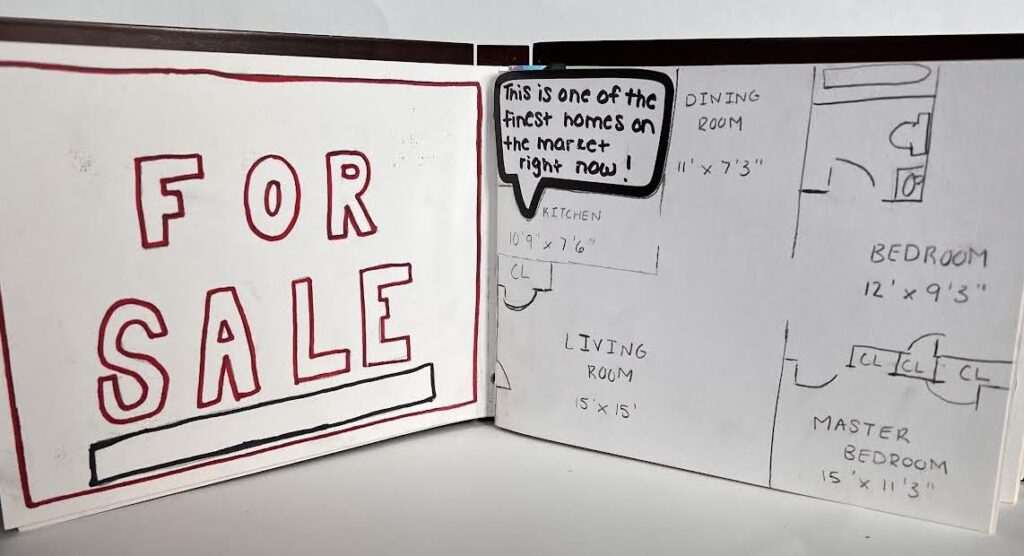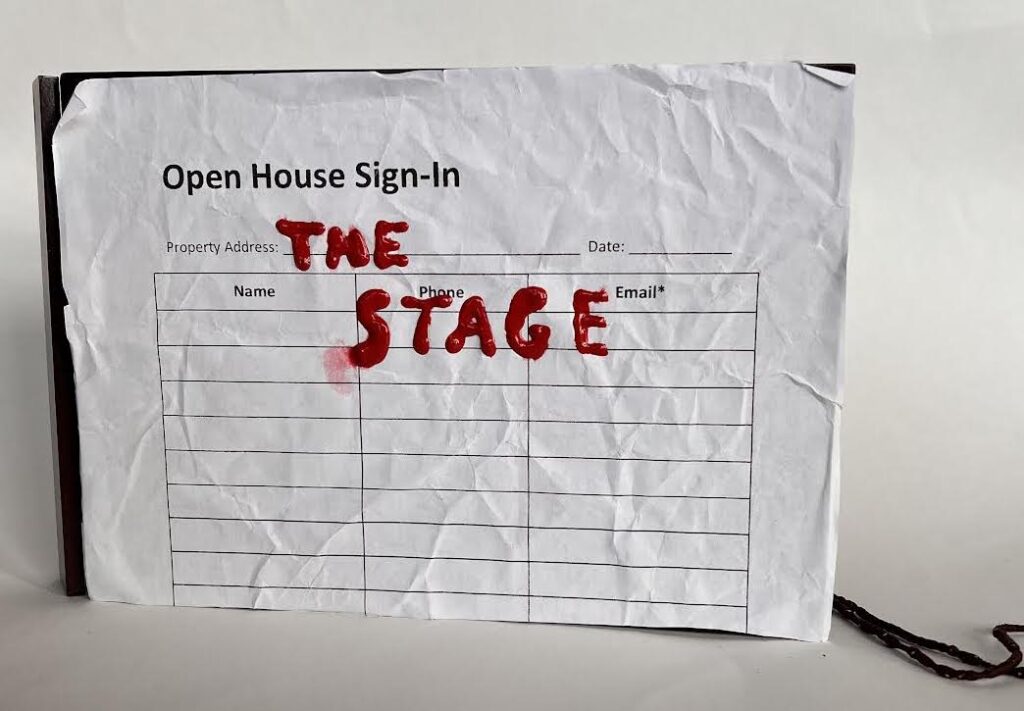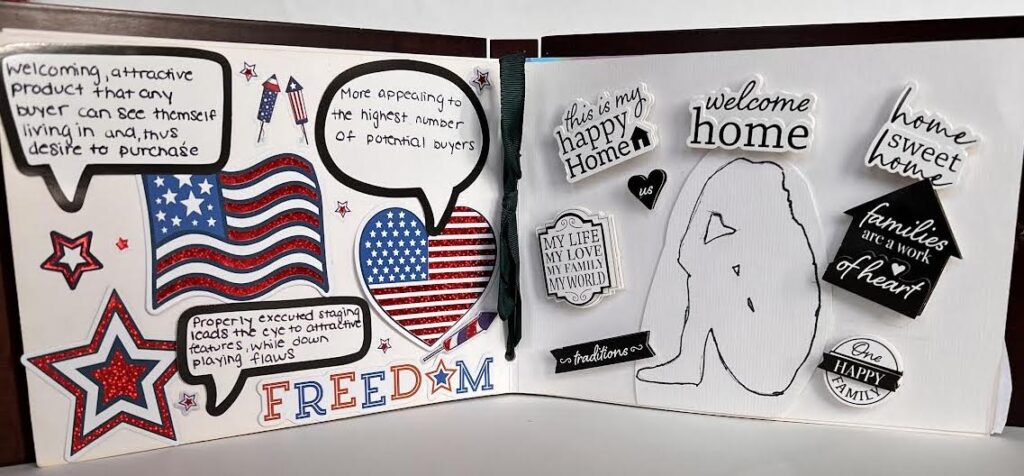As a child who has always been surrounded and secluded by the suburban neighborhoods of America, I have also seen the inner workings of a home that is seemingly perfect on the outside yet practically falling apart on the inside. As Americans, or more generically human beings, we have this destiny to make everyone around us fall under the impression that our lives are perfect. So I thought to myself: What is something so American and culturally degrading that we do, to put on the ultimate facade of perfection? Our homes. When a home goes up for sale, or in other words a family sucks it dry of all its possibilities and renovations, the realtor begins a process known as staging.
Staging is the preparation of a private residence for sale in the real estate marketplace. A way to present an entirely clean slate to a new family and to make it more appealing to them, no imperfections. Staging techniques focus on improving a property’s appeal by ensuring it is a welcoming, attractive product that any buyer can see themself living in and thus desire to purchase. Staging essentially down plays a home’s flaws, or covers them up until the buyer fixes them after purchase.
Why do we feel that staging is necessary? Why does our society and cultural norms fall under a process like staging? We cover up things in our government, we cover up our true feelings and opinions in fear of people not agreeing with them. And we cover up things that hurt us in fear of people not showing empathy towards them. This happens everyday, and even when we are looking for somewhere to house our true emotions and a place where we don’t have to hide, it can’t be genuine. Humans will always look for a place to hide, a shiny place to cover all the things that aren’t so perfect.
With my story book, I aimed to gently expose the inner workings of a seemingly perfect society, and the ridiculousness of changing a home to make it more appealing. Hopefully this book will allow for the people looking at it to know that inside every home, no matter how much staging occurs, there are imperfections; some are not so hard to cover, and some even make the home better. I was told not to hold back with this book, and to make my opinions known and not be afraid of the backlash they might ensue. So you will also notice little hints and markings of patriotism, which in a way relates to the conformities that the government impresses upon us. We have grown up in a world where we are told to shield what we think is right, and being a woman in America, where we are told to have no opinion at all. So we hide in our homes and keep our opinions there, until you realize that even your home was a carefully constructed piece of architecture meant to hold all those secrets and not let them out. You will also notice a few mirrors, as I felt that when looking in a mirror we might not always like what we see, as it reveals everything we essentially don’t want to see. When something looks one way but really is something completely different.
I included a floor plan of an exemplified home and a few characters who play out roles of potential buyers and sellers. And a page that exposes the inner thoughts of a standard human on having the perfect home. The facades we all put on and competition that we all secretly have with each other on whose lives are more ideal/perfect.



To view the digital content of “The Stage,” click on this hyperlink.
